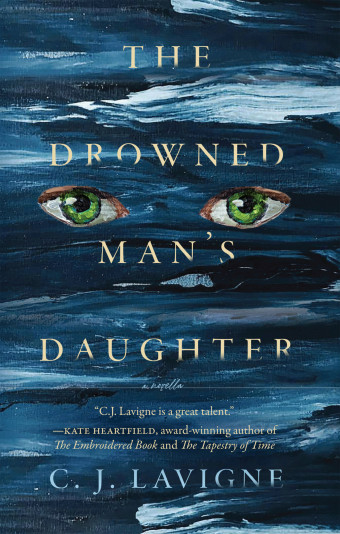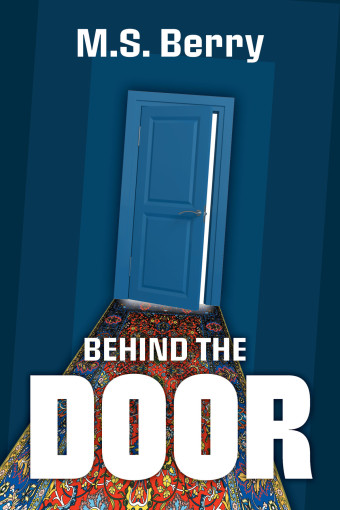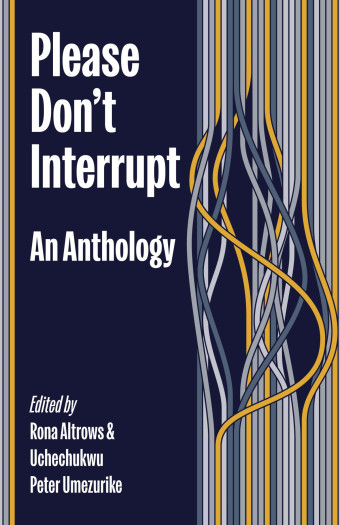Where do writers get their ideas? In the case of her latest novel, This Has Nothing to Do with You, Manitoba author Lauren Carter responded so strongly to a book about sibling relationships and family secrets that she penned her own novel along similar themes.

- This Has Nothing to Do With You
- Lauren Carter
- Freehand Books
- $22.95 Paperback, 320 pages
- ISBN: 978-19-88298-54-2
In Carter’s words, “I started writing my novel the afternoon that I finished Karen Joy Fowler’s PEN/Faulkner Award–winning novel We Are All Completely Beside Ourselves.”
At the time, Carter was working on short fiction about friends living with trauma and change in a small town. “At first I thought this would be the fourth story,” she says, “but it kept going.”
Set in the early 1990s, Carter’s page-turning novel takes place mainly in northern Ontario, where she was raised. The story recounts the tumultuous life of the protagonist Mel from ages 18 to 21. Written in her voice, the narrative hopscotches in time between the past and present.
At the outset, her mother commits a double murder on the morning after Mel’s high school graduation, one of the victims being Mel’s father.
The enormity of the crime discombobulates Mel and her brother, Matt. She escapes to the West Coast, while he appears to handle things better, maintaining contact with their imprisoned mother.
After two years, Mel returns home. However, Matt has changed drastically, and she struggles alone to jump-start her life.
“It isn’t easy to accept that we are all more than the worst thing we’ve ever done – something that one of the characters says. But that’s ultimately the truth – one which we often forget nowadays, but one which makes empathy possible.” -Lauren Carter
She takes in Grommet, an abused dog from the animal shelter where she volunteers. “Adopting a dog is Mel’s attempt to create a normal life,” Carter says. “This is the sort of semi-delusional ‘everything will be fine’ thinking that happens with unaddressed trauma. This is the way Mel knows how to act from within her family, so it’s what she tries, but obviously, it doesn’t work.”
Throughout the novel, Matt often rails against the 1994 Rwandan genocide. Reflecting on this aspect of the story, Carter states, “I wanted to draw a clear link between an atrocity that demanded an assertion of moral action that the West critically failed at and the microcosm of a family that also failed – at moral decision making, at overcoming dysfunction, at being honest, facing hard truths, and supporting one another.”

Mel definitely experiences some failures. Carter explains: “I loved hanging out with Mel through writing this novel. In fact, she was quite alive to me from the beginning. It was fun – although also sometimes uncomfortable – to encourage her to make one stupid decision after another.”
In terms of craft, Carter’s greatest challenge was weaving together the three plot lines: the family experience, Mel’s West Coast journey, and the events that happen in the present.
Despite the dark subject matter, Carter would like her novel to offer readers honesty and hope. “While the book is about trauma and healing, it is also about empathy and raises the question of forgiveness,” she says.
“It isn’t easy to accept that we are all more than the worst thing we’ve ever done – something that one of the characters says. But that’s ultimately the truth – one which we often forget nowadays, but one which makes empathy possible.”













